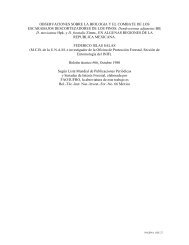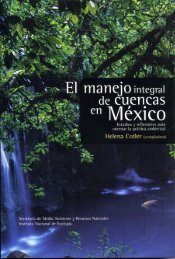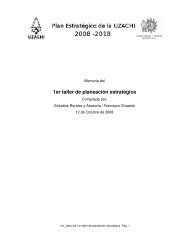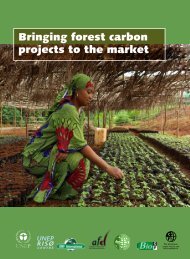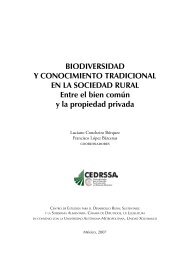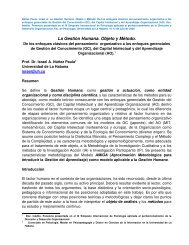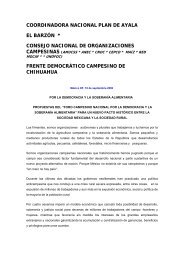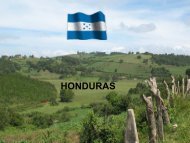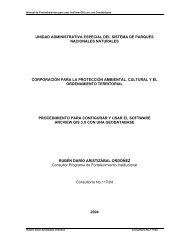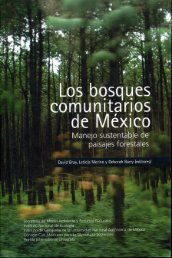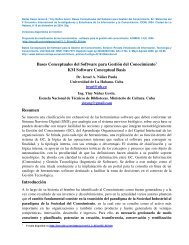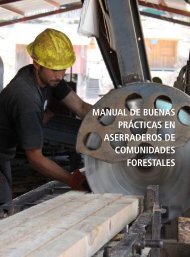STATE OF THE WORLD's INDIGENOUs PEOpLEs - CINU
STATE OF THE WORLD's INDIGENOUs PEOpLEs - CINU
STATE OF THE WORLD's INDIGENOUs PEOpLEs - CINU
- No tags were found...
Create successful ePaper yourself
Turn your PDF publications into a flip-book with our unique Google optimized e-Paper software.
EMBARGOED UNTIL 14 January 2010<strong>STATE</strong> <strong>OF</strong> <strong>THE</strong> WORLD’S INDIGENOUS PEOPLESNot for distributionIn fact, the driving forces of ecotourism—clean untouched nature andauthentic indigenous cultures—are often severely compromised by the influxof tourism.Tourism has been both a contributor and a motivating force when it comesto exposure to and renewal of indigenous cultures. But like most other localpopulations, indigenous peoples frequently do not benefit from tourismrelatedactivities, but they do bear the costs, which can and often aredevastating, economically as well as culturally. The urge to see “real, genuineand authentic indigenous peoples” is a strong motive for many tourists.But this can be problematic, as the tourists may not be looking for in-depthexposure. Hence, the cultural practices and activities of indigenous peoplesare often transformed into demonstrations, souvenirs and experiences forthe consumption of the visitors. Indigenous heritage is reduced to trinketsand spectacles devoid of their original spiritual meaning and valued only ascommodities to be sold. At the same time, traditional modes of sustenanceare abandoned, leaving indigenous peoples dependent on outside visitors as afickle and unreliable source of livelihood.Indigenous peoples involved in the tourist industry and who incorporate culturalelements in their tourist products are constantly faced with the challenge ofsharing their culture without compromising its integrity. This situation oftenresults in indigenous peoples and their communities having to face difficultdecisions and potential dissent. The issue of whether outsiders can participatein ceremonies and other spiritual activities, for example, varies from place toplace. However, in most instances, indigenous elders are unequivocal in theirbelief that indigenous peoples’ spirituality is not for sale, and that there is noplace for spiritual ceremonies in tourism products. 55the tourist industry isdominated by outsiderinterests, which retainmost of the benefits andleave the host destinationsto suffer the costs.At the same time, tourism is not inherently negative for indigenous peoples andcan certainly be an important source of revenue and job creation, providedthat indigenous peoples themselves are directly involved in all decisionmakingprocesses regarding tourism on their lands. Over the past two decades,community-based approaches to tourism have gained popularity. This formof ecotourism is often presented as an important contribution to sustainabledevelopment that generates employment and revenues, improves localinfrastructure and generally contributes to a positive interaction between visitorand local communities, thereby promoting increased cultural awareness andrespect. In this context, it is crucial to adhere to the principle of free, prior andinformed consent, ensuring that indigenous peoples are fully aware of plannedtourism activities on their lands, that they themselves authorize and approvethese activities and benefit from them.55Notzke (2004).CULTURE | 73




